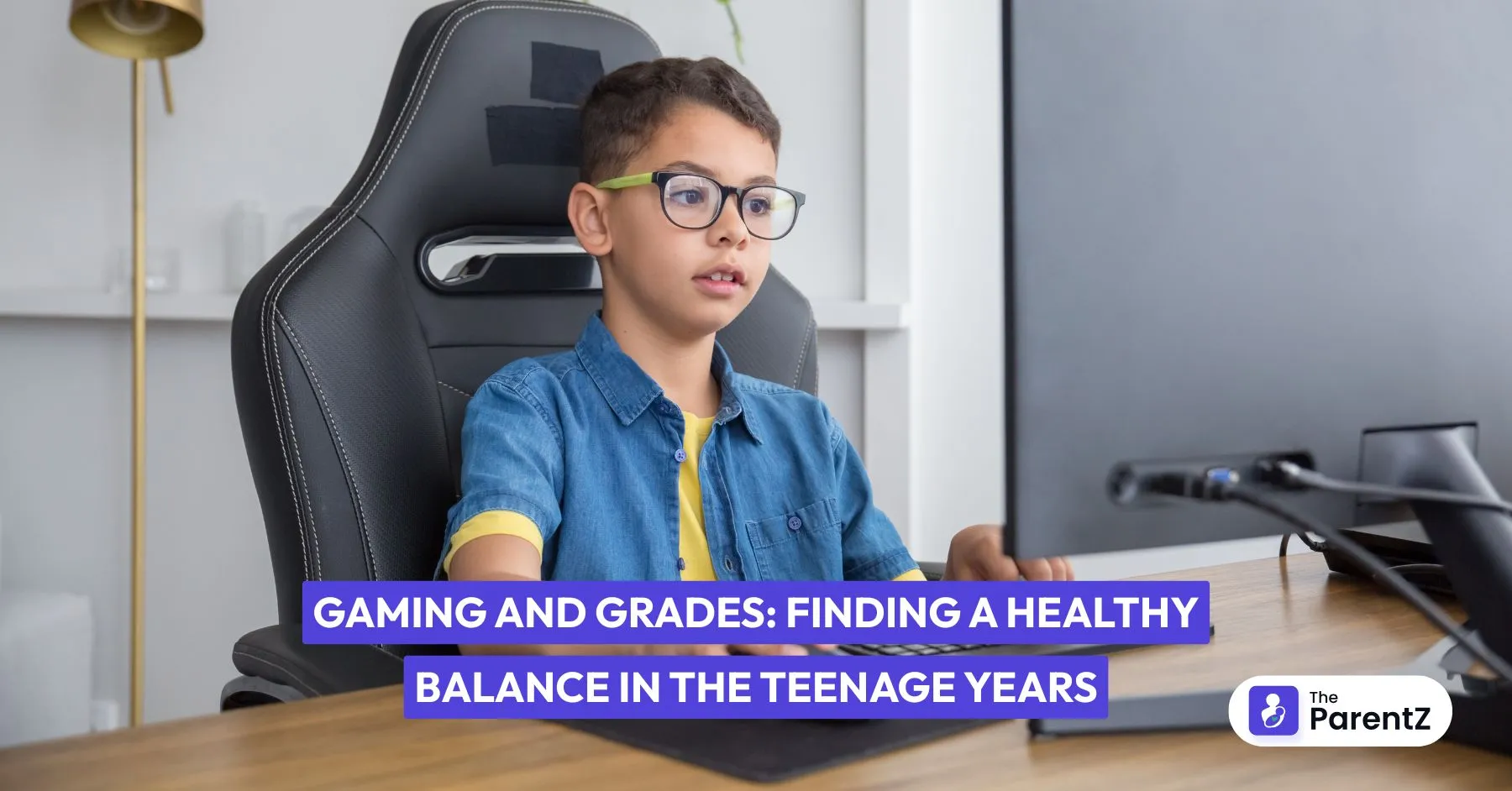If your teenager has ever told you, ‘Just one more game,’ and an hour later they’re still glued to the screen—you're not the only parent. As a parent, watching your teen dive deep into the world of gaming while homework lies forgotten on the desk can feel frustrating, even alarming.
Read this article to explore how you can support your child in managing both their screen time and study time in a way that respects their interests without compromising their academics.
The Truth About Teens and Gaming
Gaming is more than just a distraction. It’s a social space, a creative outlet, and sometimes, a stress reliever. Multiplayer games give teens a sense of connection, identity, and achievement—especially during the turbulent years of adolescence.
According to a report, over 86 percent of teens in India say they play video games, and about 34 percent play daily. While moderate gaming can actually improve cognitive flexibility and problem-solving, excessive screen time has been linked to lower academic scores, particularly when it replaces sleep, physical activity, or study time.
5 Effective Tips To Help Your Teen Find Balance
Naturally, teens gravitate toward what feels good now. And unless they’re taught how to create boundaries, they’ll continue choosing what’s easier in the moment—even if it affects them in the long run.
Here are some helpful tips that can help your teen find the right balance between grades and games.
1. Don’t Demonize Gaming: Start by acknowledging that gaming isn’t inherently bad. When you treat it like a villain, your child is more likely to hide it, sneak it, or defend it. Instead, position yourself as someone who wants to help them manage it.
2. Make Time Visible: Use planners, apps, or even a simple wall schedule to help your teen see how much time is available in the day. When they realize how limited it is, they’ll better understand the importance of balancing study and play.
3. Set Clear Expectations—Together: Instead of enforcing rigid rules, co-create a tech agreement. Maybe it’s 90 minutes of gaming after homework is done. Or no screens after 9 p.m. Involving your teen gives them ownership—and makes them more likely to follow through.
4. Prioritize Sleep and Study First: Research shows that teens need 8–10 hours of sleep per night for optimal brain function. If gaming is eating into rest or revision, it’s time to shift priorities. Gently help them restructure their evenings so that homework and sleep come first.
5. Get Curious About Their Games: Ask what they’re playing and why they love it. You don’t have to play with them unless you want to, but being interested helps build trust and gives you insight into their world. This also opens the door for healthier conversations about time use.
The Signs to Watch For
It’s okay if your teen games regularly—but keep an eye out if:
- They're skipping homework consistently
- Their grades are dropping
- They’re irritable when not gaming
- They’re losing interest in other activities
Conclusion
Helping your teen balance gaming and academics is about teaching discipline, responsibility, and time management skills. Because when you work with your teen instead of against them, the game isn't lost. In fact, it's just beginning.





Be the first one to comment on this story.